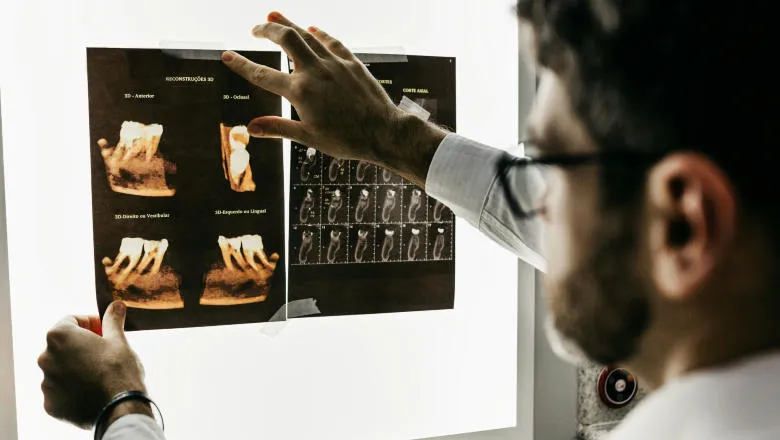Professional Education Catalogue
Professional Education at King’s offers a range of professional short courses that meet the specific learning needs and objectives. We offer face-to-face and online options, both featuring immersive teaching and practical insights. Taught by world-leading academics, our courses are designed to deepen specialist knowledge or build skills in a whole new area. Search our list of continuing professional development and executive education courses and find the course that is right for you.
Business, Law & Government
Our courses are accessible and actionable, filled with cutting-edge content that bridges the gap between theory and practice.
Navigate a complex world with our courses
Develop impactful legal expertise
Shaping policy for governments and organisations
Innovative education for real-world challenges
Health
With the largest dental faculty in Europe, a globally recognised centre for mental health and neuroscience research and ranked 1st globally for Nursing, your professional training will be up to speed with the latest changes in practice.
Building expertise for exceptional patient care
Specialist courses for medical professionals
Expertise in mental health & neurological support
World-leading dental training and facilities for dental practitioners with LonDEC
Digital & Science
We are a hub for internationally renowned scientists working across traditional subject boundaries to answer fundamental questions about the universe.
Harness technology to drive business success
Insightful courses for a successful career
Master data analysis and interpretation
Other Courses
Flexible professional short courses
Sharpen skills and accelerate your development
Understand our world
Providing expert language tuition in the heart of London














